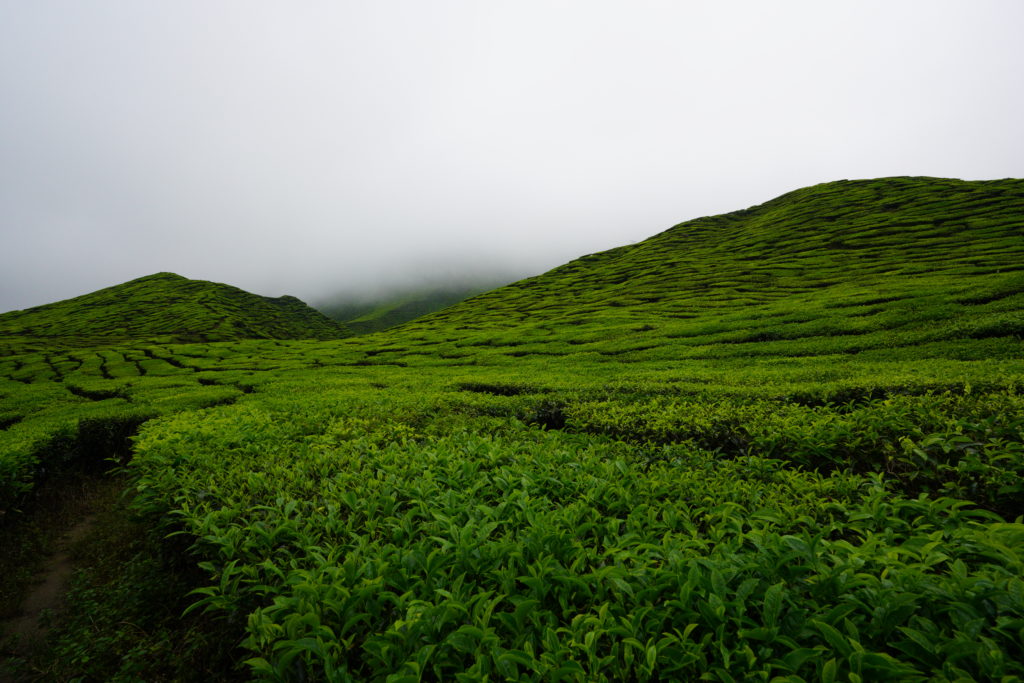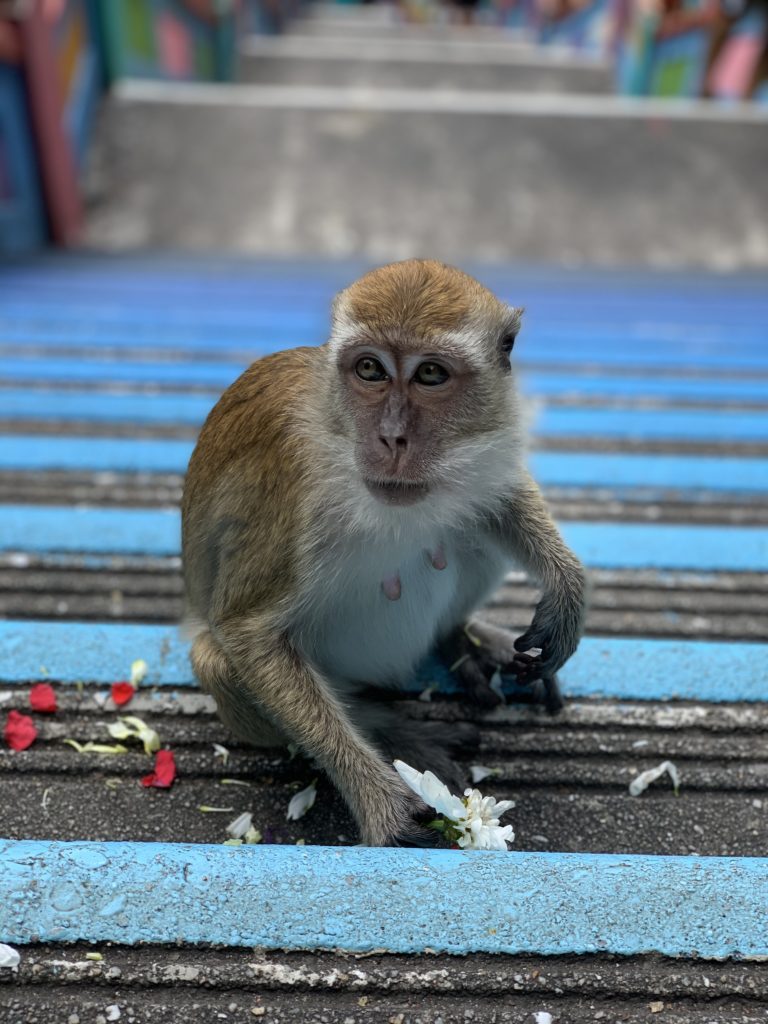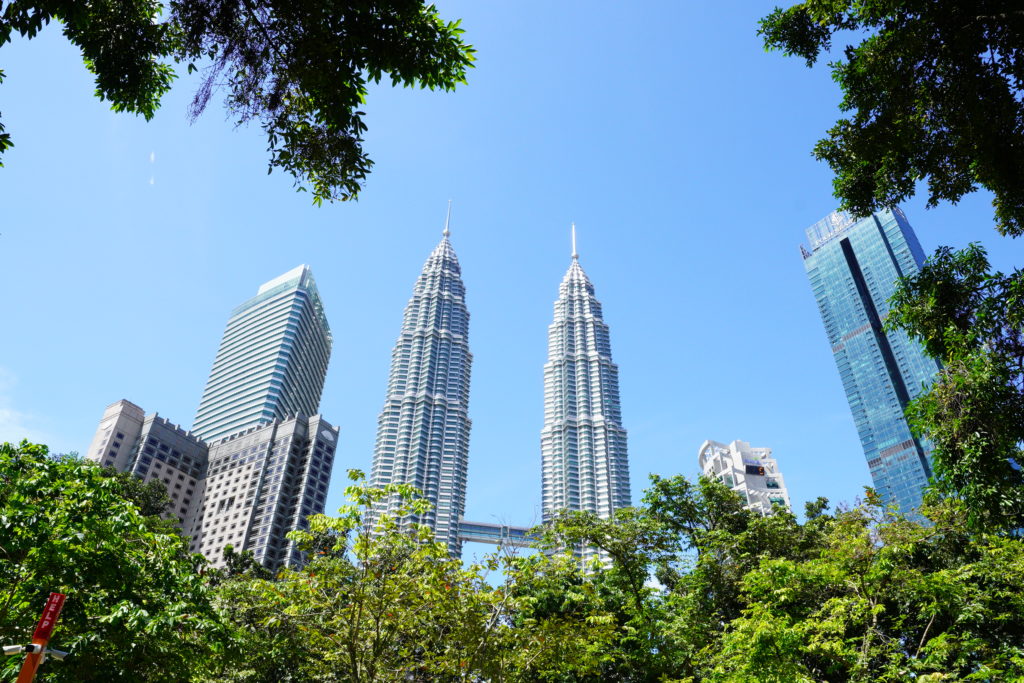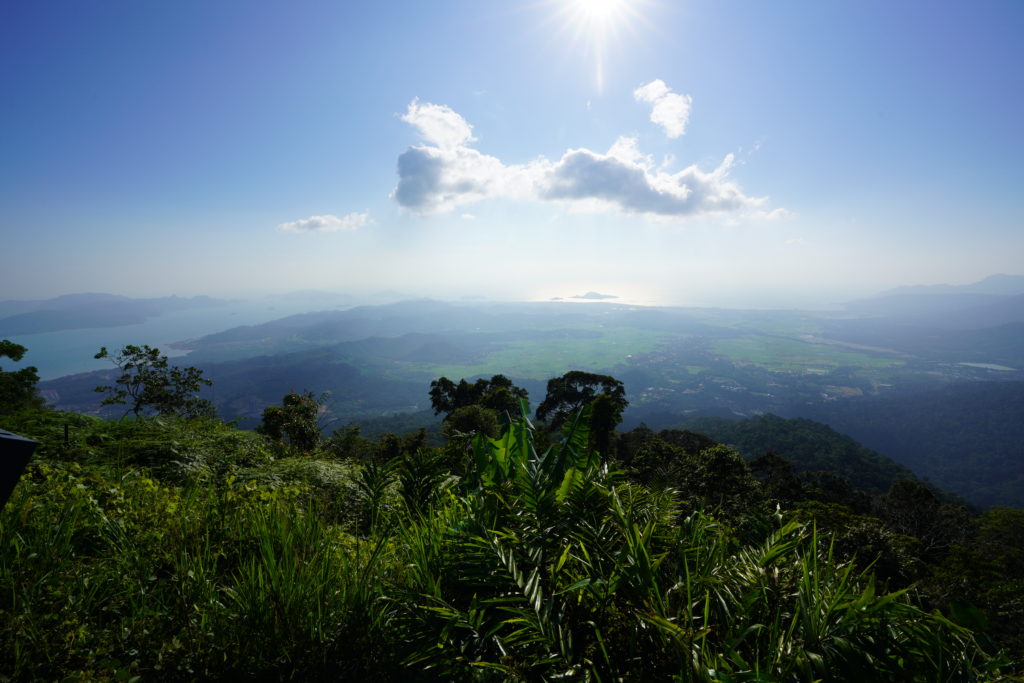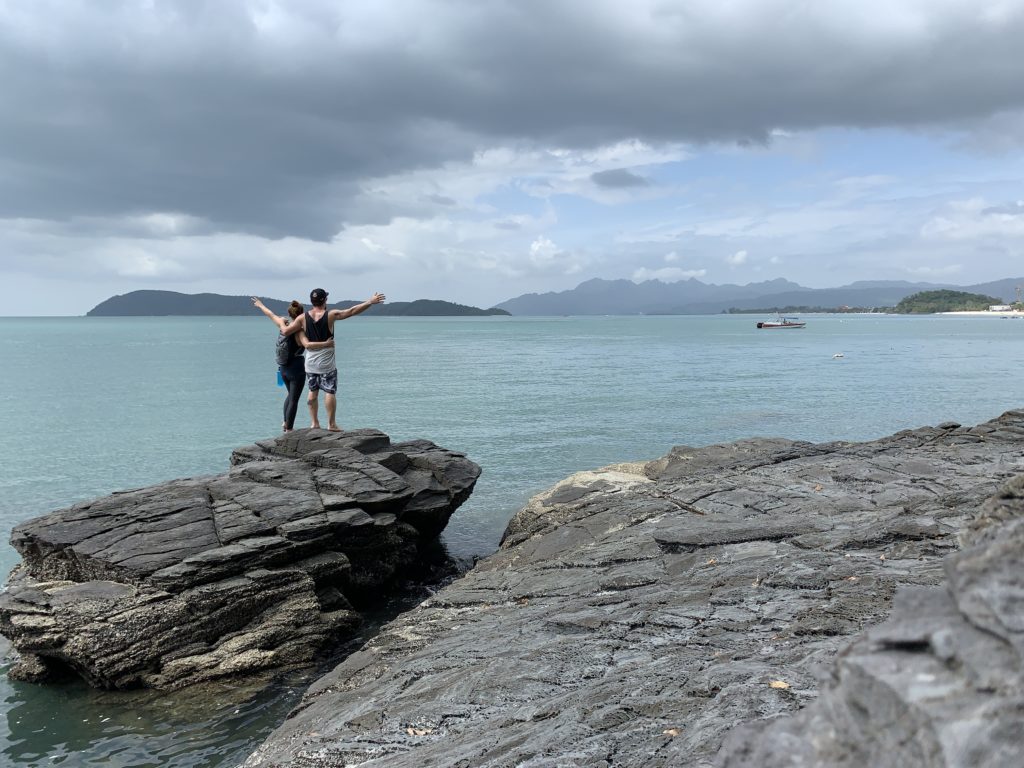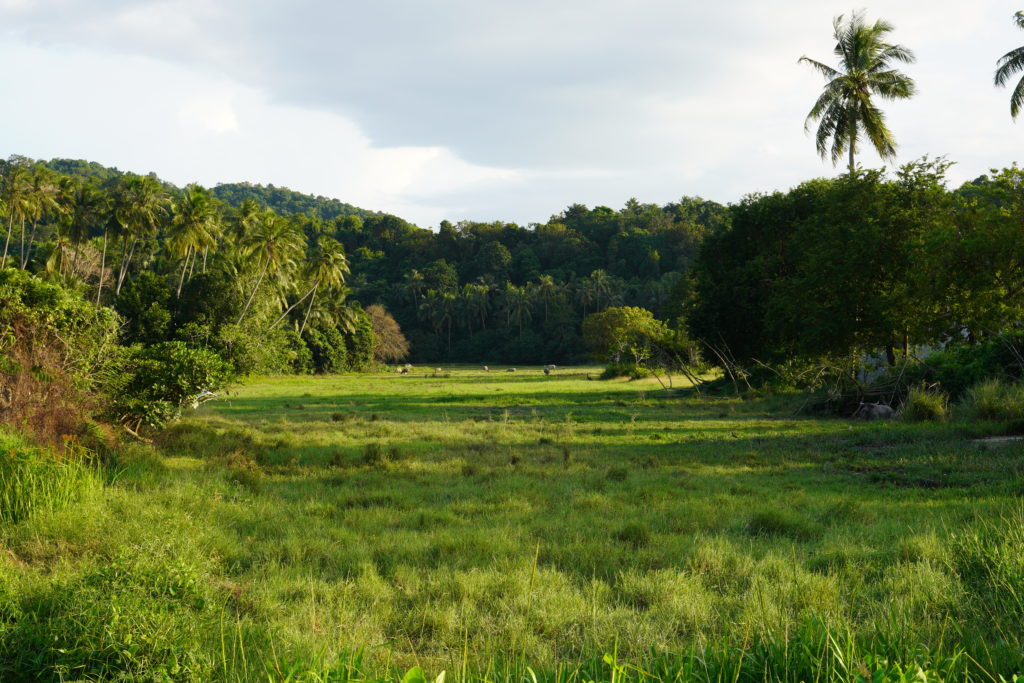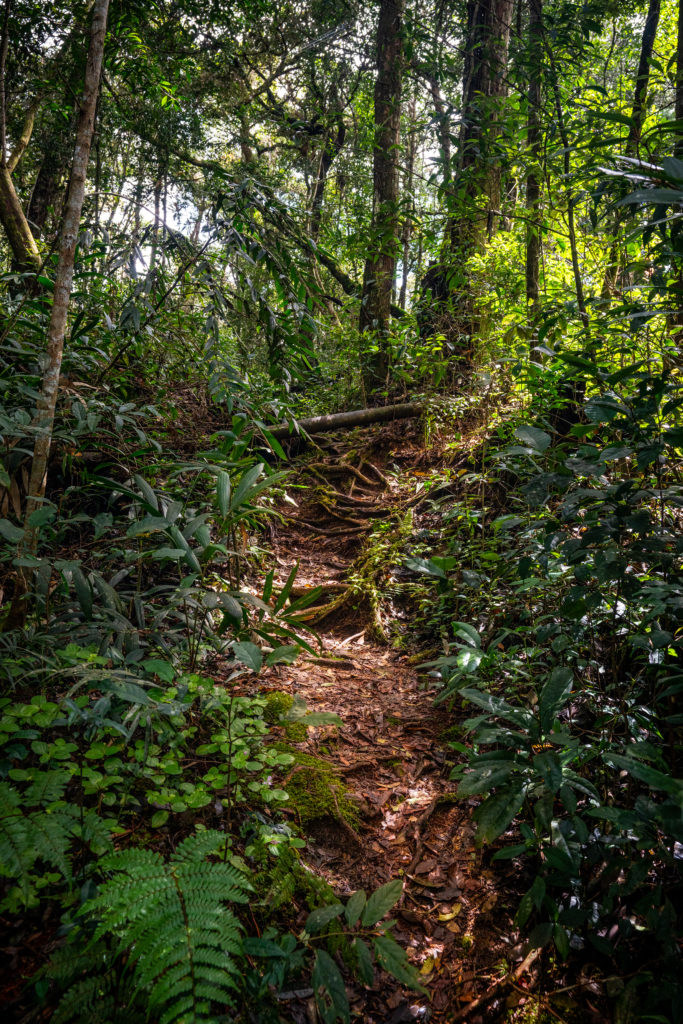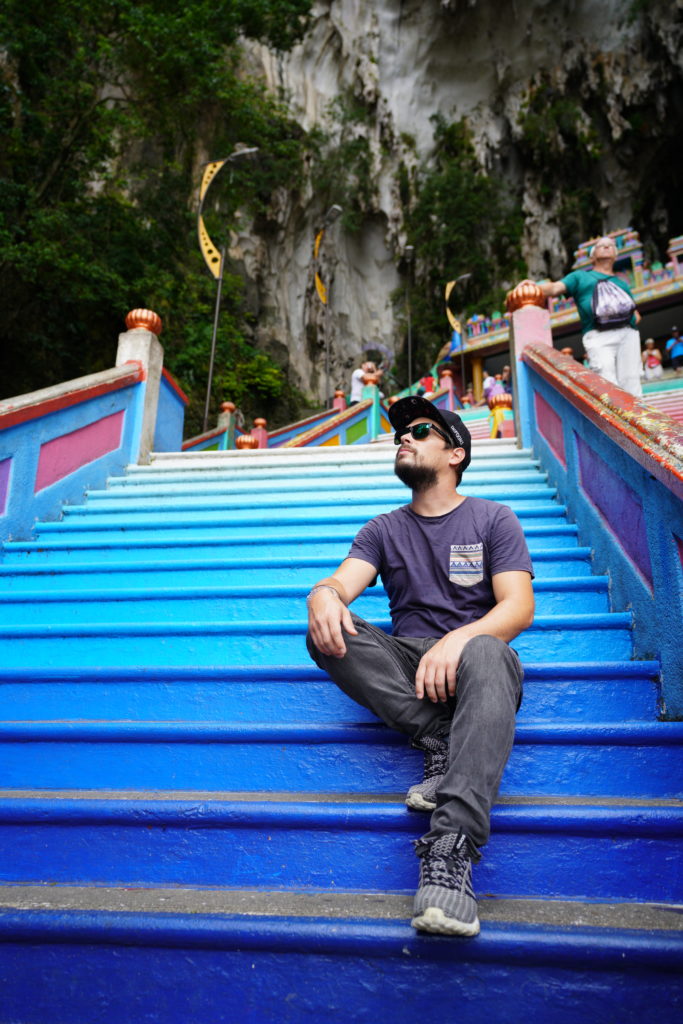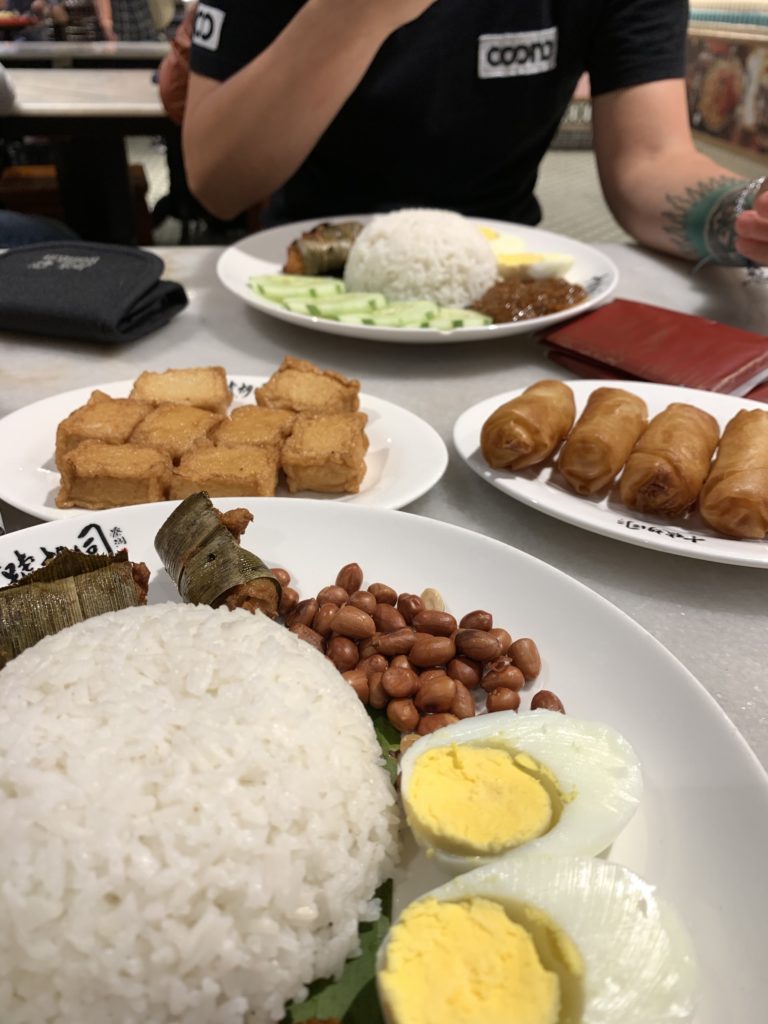There are countless reasons for which one could call Malaysia a true paradise, a land of milk and honey with cocoa-streams and trees filled with heaps of sweets. Already scenically the country bribes with its variety, from beautiful white beaches on Langkawi up to dense jungles in Cameron Highlands there are many places you can lose your heart to. Open-minded and hearty locals are only speeding this process up. But since humans tend to be blind for natural beauty and most of the times people tire of looking at perfect things sooner than we’d like to admit, it’s important not to overlook the things we disregard as ugly. Maybe don’t even see those things as per se ‘ugly‘, but simply as different, counterpoints to the common Instagram dreamscapes. Monocultures dominate the scenery at those places that you just pass by quickly. Endless palm oil plantations edge the highway for miles and miles, so that this is the only view you can catch a glimpse of on longer journeys. We only find out being in Malaysia ourselves that this country is one of the biggest producers of palm oil. Once you’ve seen it with your own eyes there’s no need to deny it.
As we’ve witnessed before in Thailand, waste disposal is a wide-ranging problem which not only disfigures the unquestionably beautiful landscape, but also has considerable consequences on marine life at the coastlines. Even in remote areas which are denoted as jungles we always came across plastic waste, especially carelessly discarded plastic bottles. Again it seems alarmingly easy to upbraid such a behaviour with an admonitory finger if you can dismiss the background behind this attitude. In Germany we are used to wonderful drinking water coming straight from the tap, in Malaysia on the contrary, even the locals avoid tapwater, indigestion caused by ice cubes made from piped water is nothing to be afraid of here. The wastage of plastic bottles, despite a rather dense distribution of drinking water dispensers, is enormous. Every German citizen might be outraged now, demanding for a change of thinking in this country, but maybe it’s also us who should rethink our behaviour, because why can mineral water be bought in such a wide variety of bottles in a country which does not need bottled drinking water at all? As a German citizen we should only raise an admonitory finger if we do it deliberately better.
The same problem occurs with plastic bags: if you don’t act quickly every purchase ends up in the great depths of such a thin-walled version of this ecologically harmful product. The demise of the human race will be its indolence, in one way or the other. Same as in Germany the people are unwilling to carry their purchase home in their very own hands or bring a reusable bag, anyways you hardly see people walking on the sidewalks. Our desire to explore our surroundings on our own feet is sneered at and we smile back upon the inhabitants of the a country which has one of the highest amounts of obese and diabetes-stricken people in Southeast Asia. Even in Germany this tendency hasn’t been unnoticed by us, but as a traveller watching and soaking up the way people live around you day by day you soon realise: the living standard we have today has no prospects. In industrialised countries where sweet and processed foodstuff is easier to access and more popular than fresh vegetables and fruits, where every mean of transportation relies on motor force rather than physical effort, the long-term consequences of this lifestyle are predictable. An actual wish for change can’t be recognised, neither at home nor here. We always crave for more. At the cost of our planet and at the end of the day at our very own cost.
On a variety of reasons our stay in Malaysia felt like going back to Europe, like a visit at home. In the big cities you can get lost in the malls, big fast-food chains had entrenched themselves everywhere, the mobile phone network, just as well as the bus network were outstanding and the adventure of travelling the world proceeded just as smoothly as the regular package holiday. With one crucial difference: the people. While in Germany a conversation with a perfect stranger is only possible under the influence of alcohol, one can hardly approach people without being frowned upon, a nonchalant chat on the street with a local was always possible here. When we asked for help or just for some information, we always got what we asked for served with a free smile alongside. We never had the feeling that we should mistrust the locals and the hospitality of the Malaysian people was unmatched. To be honest at first we were kind of afraid because of the predominant costumes of Islam, not because we felt restricted and did not want to adjust to the prevalent ways of living, but much rather because we were afraid to hurt someone’s religious feelings with our lack of knowledge. But we were received with open arms in the land of milk and honey and welcomed with warmth, culinary delicacies and scenic beauty. If you don’t have many material belongings left, you are more open towards gifts on humane and emotional levels and this country gave generously to us.

